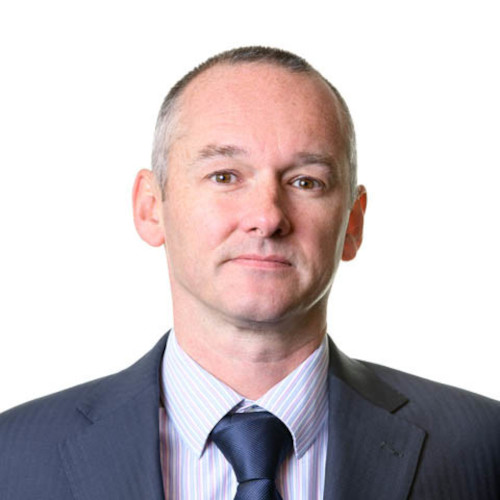Written 27th September 2019 by Ruth Peters
Few things can be more stressful for an individual than to have the several police officers attend at their home address armed with warrants for the seizure of computers, tablets and mobile phone. The police will have obtained a warrant for the seizure of equipment believed to contain indecent, prohibited or extreme pornographic material. They will be gathering evidence in connection with making and/or possessing indecent images of children and the possession of extreme pornographic material.
Attendance at a property is without warning and may take place in front of family members and be witnessed by neighbours and in some case by work colleagues. In some circumstances the police carry out an arrest, although not always. A person is frequently left in limbo, released under investigation, awaiting the outcome of the analysis seized items – a process that can take between six and 12 months.
Do I need a solicitor at this stage?
At Olliers we regularly speak to clients who have had computer equipment and phones seized by the police. On the one hand it is a waiting game but there is still a lot that can be done. We always ensure that we make early contact with the police. We will confirm the anticipated timeframe for the investigation with the police and obtain an assurance that any further contact will be through Olliers, ensuring that there is no embarrassment caused by a police visit to home or workplace. We can discuss with our clients the circumstances that may have led to their material being seized. We will give our clients an opportunity to discuss any anxiety they may feel. Many want to discuss worst case scenarios and we can advise on the different offences of possessing, distributing and producing indecent images. We can also explain the different categories of offences as well as current sentencing guidelines. We can also attend a voluntary interview with our client if this has not already taken place.How can Olliers help me?
Olliers can assist with mitigating features, which can include;- previous good character and/or exemplary conduct
- age and/or lack of maturity
- remorse
- mental disorder or learning disability
- evidence of steps taken to address offending or seek help
Is it possible to avoid being charged?
In some circumstances, images may be of low level category and we may look to argue that a prosecution is not in the public interest. This may be particularly relevant to a case where a client may have sought help for a problem and where there is other, powerful mitigation. The best time to do this is before charge but it can also be done after charge. Click here to read more.Costs
If you have had computer equipment seized and are under investigation for images offence, there is no public funding available, except for a police interview under caution. However it is a crucial period where work undertaken can have a significant impact. Olliers are able to act for you on a privately funded basis, either on a hourly rate basis or an agreed fee basis. We aim to be as transparent as possible with our fees and provide regular updates on costs.Contact our indecent images offences team
If you are under investigation for offences relating to indecent images please contact Ruth Peters by email to ruthpeters@olliers.com or by telephoning 020 3883 6790 or 0161 8341515 and we can arrange a confidential discussion as to how Olliers can assist you at this time.- About the Author
- Latest Posts
Ruth Peters( Business Development Director )
Ruth leads the business development team at Olliers across all areas of specialism. Ruth was the Manchester Legal Awards 2021 Solicitor of the Year.
She has been with the firm for more than 19 years and has an enviable level of experience across the entire spectrum of criminal defence.





